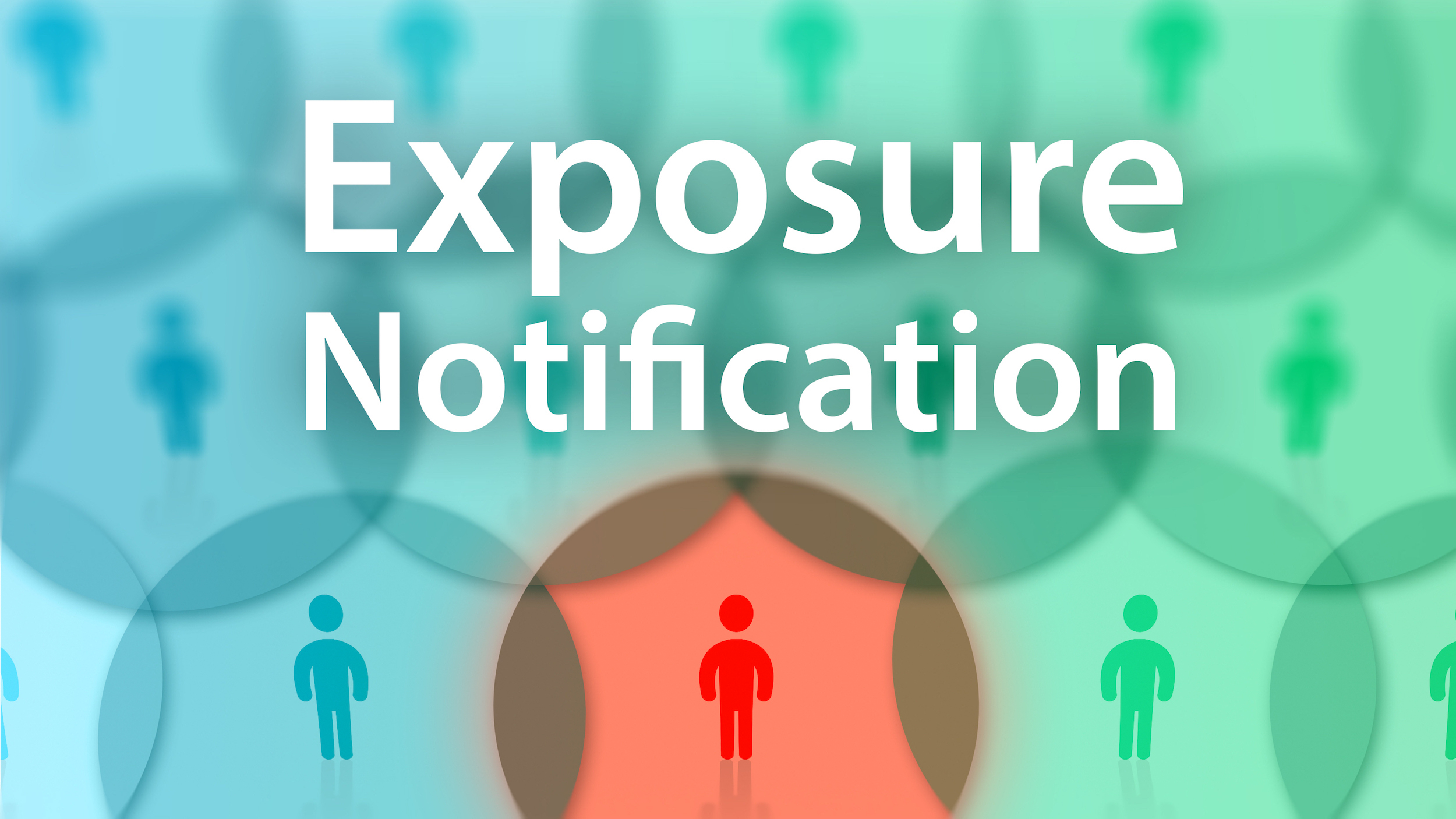
NHS COVID-19, the contact tracing app created by the U.K. government, has alerted 1.7 million users to isolate following close contact with someone who goes on to test positive.

That's according to an official GOV.UK press release from the Department of Heath and Social Care, which has been collating data about the app since it was launched in September 2020.
Like other apps that take advantage of the anonymized Exposure Notification API from Apple and Google, NHS COVID-19 is designed to track who people come into contact with each other using Bluetooth, providing a notification if one of those people later comes down with the coronavirus.Over 1.7 million app users across England and Wales have been advised to isolate by the NHS COVID-19 app following a close contact with someone who goes on to test positive, new data published today shows.
The NHS COVID-19 app has been breaking chains of transmission to protect users and their communities since its launch in September.
Along with using a Bluetooth-based solution, NHS COVID-19 lets users scan QR codes to register visits to locations like stores and restaurants to aid in contact tracing, with U.K. businesses being encouraged to display QR posters for visitors to scan.
According to the press release, the app has now been downloaded 21.63 million times, representing 56% of the eligible population aged 16+ with a smartphone and was the second most downloaded free iPhone app on the App Store in 2020.
However, only about 16.5 million people are currently actively using the contact-tracing tool, which is 24% below the app's latest download tally. The difference is likely due to users uninstalling the app, disabling contact-tracing, or not activating it all.
Research conducted by scientists at The Alan Turing Institute and Oxford University shows for every 1% increase in app users, the number of coronavirus cases in the population can be reduced by 2.3%.
Research by the Turing/Oxford team into the epidemiological impact of the app also points to a causal link between app use and reduced case numbers, with their analysis suggesting the NHS COVID-19 app has prevented 600,000 cases since it was launched.
The NHS did not initially plan to use Apple and Google's Exposure Notification API and was instead pursuing a different solution, but after the announcement of the API the NHS changed course and decided to work on an app using the Apple/Google API after all."The NHS COVID-19 app is an important tool in our pandemic response," said Health and Social Care Secretary Matt Hancock. "We know it has instructed hundreds of thousands of at-risk people to self-isolate since it launched in September – including me – and this analysis shows it has been hugely effective at breaking chains of transmission, preventing an estimated 600,000 cases."
Zuhlke UK, the firm behind the contact tracing app, told the BBC that despite the positive signs shown in the number of downloads of the app, it was essential for users to start re-activating its features as lockdown measures gradually eased.
Emmerich also told the BBC that his team had put plans to extend the app to older iPhone models on the back burner so as to prioritize other new features, but declined to say what they are."The data suggests that we have made a dent in the overall infection rate," said Wolfgang Emmerich, chief executive of Zuhlke UK.
"What we really have to do now, particularly as we're preparing to come out of lockdown, is to drive that adoption rate back up and to get people to switch [the app] back on again."
Article Link: NHS COVID-19 Contact Tracing App Has Told 1.7 Million in England and Wales to Isolate Since September

